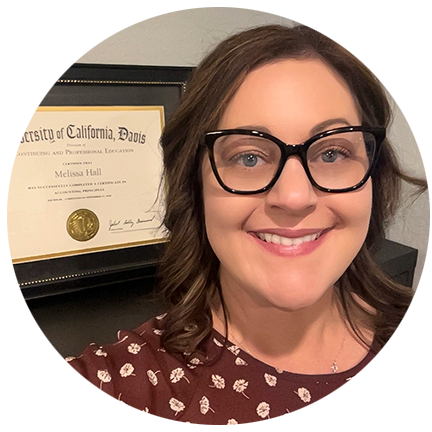Whether you’re new to the practice or are looking to advance your career, our Accounting Principles Certificate Program provides students with the groundwork needed to confidently and accurately apply accounting principles in their business or profession.
- Related article: Considering a Career in Accounting?
What You'll Learn
This program is designed for those wanting to understand current accounting standards and procedures in order to meet financial accountability requirements, advance to higher professional levels, strengthen business practices or improve their organization’s bottom line. You will learn how to:
- Prepare, interpret and present financial statements
- Apply methods to analyze and interpret data
- Use accounting principles to develop, manage and expand business
What You'll Get
- Online convenience
- Flexible learning: watch our weekly, pre-recorded lectures whenever it fits into your schedule then cement what you’ve learned by completing assignments and engaging in discussion forums with fellow classmates and your instructor
- An efficient pathway for gaining essential knowledge for entering and excelling in the field
- Access to exceptional instructors with years of industry experience
- Foundational accounting methods and current best practices that can be applied immediately to your business or job
- Coursework that counts towards CPA requirements, if you are a candidate

"Changing careers in your late 30s isn’t easy, this program was a way to build the confidence and competence to pivot"
Melissa Hall, CFO, non-profit organization
Cost Breakdown
- Take individual courses for a total of $3,520 (or $880 per course).
- Textbooks are not included in the tuition fee.
Additional Resources
How to Get Started
- Enroll in an individual course. See below for individual courses that are currently open for enrollment. Courses will be applied to the certificate program if you later decide to complete your certificate.
- Register for a free information session. Learn more about the program by enrolling in a free information session. If an information session for this program is not currently open for enrollment, click on “notify me,” and we’ll contact you when the next one becomes available.
- Free Career Resources. Our students have free access to tools for career planning, resume writing, interview practice and more.
Courses Open for Enrollment
*Glassdoor
**Bureau of Labor Statistics




